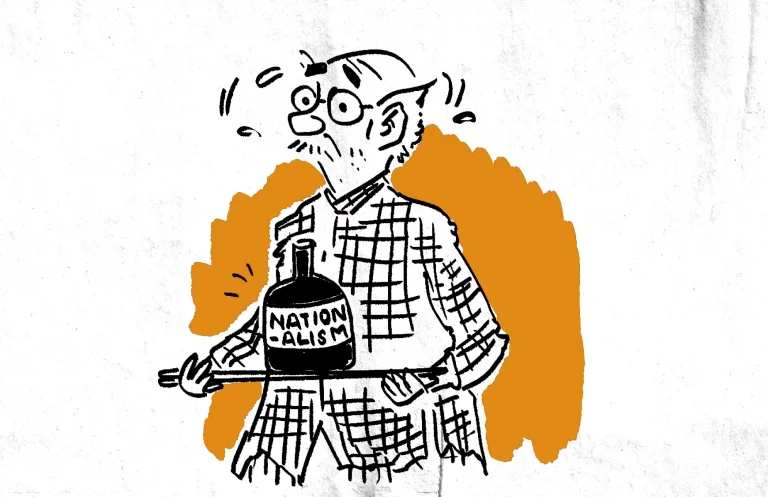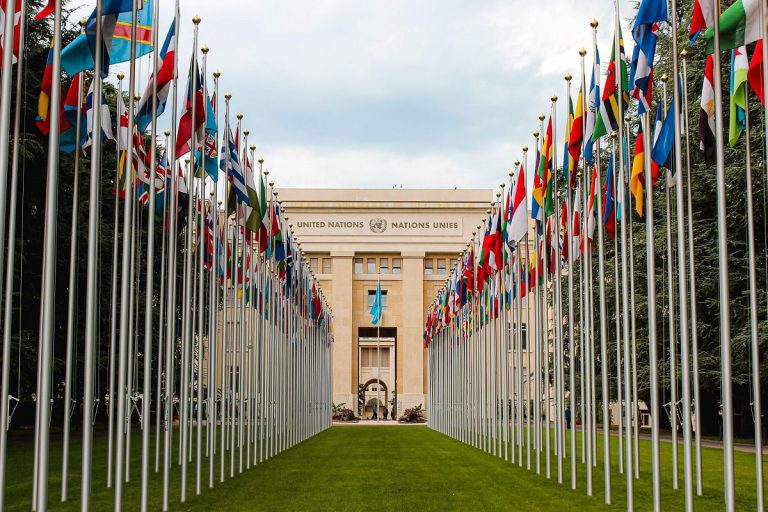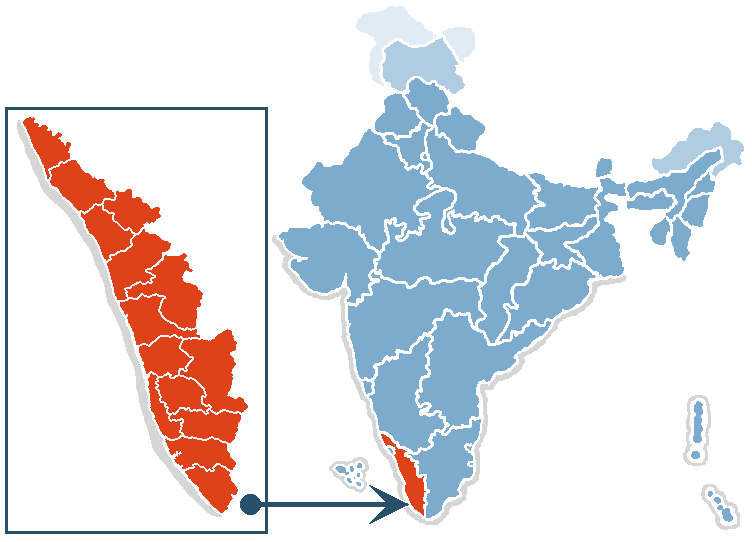Intraparty Democracy, Another Indian Irony
Political Parties are institutions that play a major role in managing the complex politics of modern times. They perform important functions such as recruiting leaders, shaping public opinion and providing a framework to simplify and organize ideas and issues in society. In other words, the decisions that are made in the parties filter choices that are available to us in terms of issues and candidates in elections. This being a widely accepted fact, it is surprising how little is done to ensure that these decisions are made transparently and democratically. In fact one could argue that lack of internal democracy is at the root of some of the major problems ailing the Indian society and politics.
A PIL was filed in January 2019 in Delhi High Court asking the court to direct the authorities to regulate parties and bring intra-party democracy. It was rejected. However, in its wake, the EC submitted an affidavit to the Supreme Court arguing that it must be given the power to deregister a political party which it does not currently possess. Shockingly, the EC has been writing to the government for last 20 years to amend the Representation of the People Act, 1951 to do the same, but to no avail.
Lack of internal party democracy implies that there is centralization of power in the hands of few leaders. These leaders usually wield personal power due their capability to contribute funds to the party or their winning potential owing to their mass appeal coming from personal charisma or accident of birth in an affluent family. None of these criteria are bad in themselves because the main function of the party is to win elections. Yet an overemphasis on these criteria reduces the role of merit. In fact they become the very constituents of merit. This promotes corruption, dynastic politics and increased use of money and muscle power in elections as well as in everyday affairs of parties. Current politics therefore, rewards criminals, demagogues, or incapable inheritors of family legacies (with a surname or a facial resemblance as their only merit).
We often ask questions such as why are legislatures dominated by criminals or why are there a clamour for reserving seats for women or why should we have to reserve seats for Scheduled Castes and Scheduled Tribes. These many different questions have one answer. The modern institutions of politics, here political parties, tend to continue the feudal relationships of power and dominance. Just like any society in history, even if relatively less, our society too continues to advantage the already advantaged and powerful. Therefore, there is a need to bring laws that can level the playing field in electoral politics in such a way that it reduces the use of money and muscle power and promotes important issues and meritorious leadership irrespective of their gender, caste or class background.
German parties set up a good example as they have relatively achieved a great deal in ensuring internal democracy. There is strict regulation of party funding, internal elections and campaigning via controlling hate speeches. The parties are state funded so that undue disadvantages are not incurred on the weaker parties and the private funding of the parties and flow of black money is curbed. In contrast to this, the situation in India is shameful. In fact, despite the apparent concern of the ruling government for the issue at hand, recent developments suggest that the problem is worsening.
While internal party democracy as a necessity is accepted among all the parties irrespective of which side of ideological spectrum they belong to, none of the parties actually want a change in status quo. Some very good recent examples can be pointed out. The favourite topic of current BJP government when it comes to discussing the issue of internal party democracy is the presence of dynastic politics in the Congress Party. But it has passed no laws to make internal elections to the office bearers in the party mandatory and transparent. Also, no efforts have been made to regulate the procedure of nomination of candidates to different seats during elections.
Reforms of democracy
The current government has also time and again expressed concern for opacity in funding made to the parties. But what has it done to address these issues? Through an amendment of the Income Tax (IT) Act, it has brought down the ceiling on faceless donations to political parties to Rs 2,000 from hitherto Rs 20,000. But again through the introduction of electoral bonds, it has brought back the provision of making huge nameless donation to any party. Any citizen of India can purchase these bonds without revealing the amount or their name or that of the party. The whole process is anonymous and facilitates the flow of unaccounted money. This in turn will strengthen the party elite and will ensure further centralisation of power.
To give another example, the Foreign Contribution Regulation Act, 2010 has been amended to exempt from scrutinising foreign funds received by political parties with retrospective effect from 1976! So if in future we have such controversies of a party being funded by groups from US, Russia, or even Pakistan, we must not be shocked. In fact there may be scams of foreign funding waiting to be unraveled except that they will not be called a scam now because the current government has now legalised it retrospectively!
In the case of Germany, the elaborate and well-functioning laws are a result of country’s will to prove its rejection of any kind authoritarianism. India’s first task, by analogy, was to build a functioning democratic nation. While that task has been achieved, country needs to take steps to convert the procedural democracy into a substantial democracy and bringing the political party into the democratic fold would be a giant leap in that direction. No party would want a provision that could affect their own functioning as it is. Naturally, until people actively demand laws making internal elections in the party mandatory and regulation of private funding of the party, any change is unlikely. Thus, the burden of initiative, just as in the case of movement for Lokpal Act, is on the civil society.
Featured Photo by Loren Joseph on Unsplash








Readers' Reviews (2 replies)